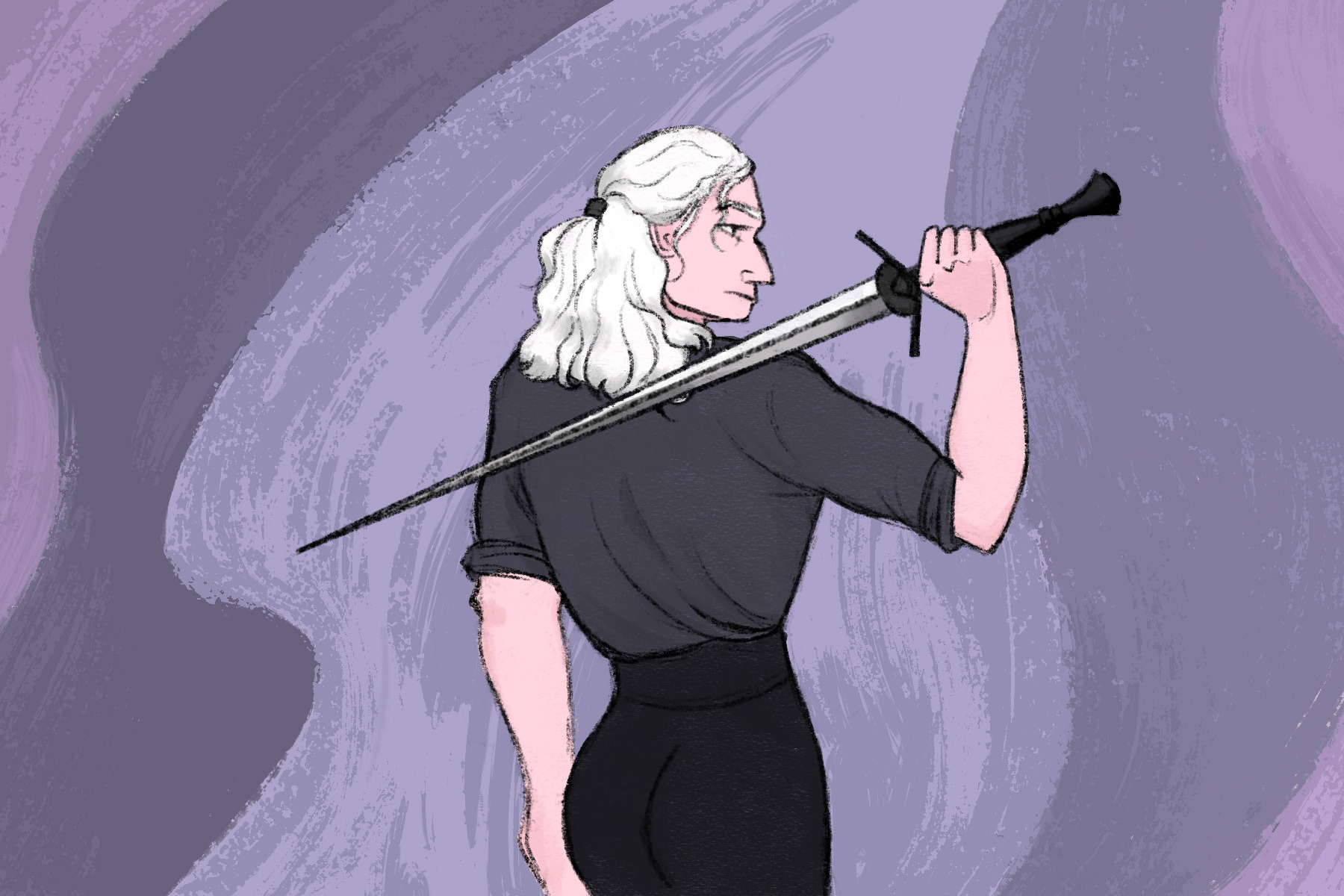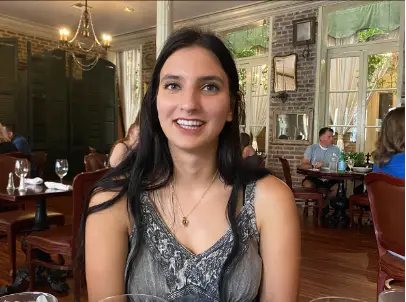This December, the long-awaited second season of “The Witcher” will finally be released on Netflix. For fans who have already watched the first season, they are likely aware of this highly-anticipated release date and are already, rightfully excited. For newcomers who are hesitant to binge the fantasy show, there are numerous reasons as to why “The Witcher” deserves an earnest chance.
Why “The Witcher” Is Binge-worthy for All Audiences
Many of the greatest on-screen fantasy stories started out as bestselling series. J.R.R. Tolkien’s “The Lord of the Rings” is the paradigm of this pattern, which was a wildly successful fantasy series published almost seven decades before it was adapted into the well-known movies. “The Witcher,” although admittedly less popular, follows a similar path. Beginning in the 1980s, this series of novels and short stories was written by a Polish author, Andrzej Sapkowski. Initially published in Polish, the series eventually garnered such a wide fan base that it was translated into other languages, including English.
Subsequently, in the 2000s, Sapkowski’s series was adapted into a collection of video games that have also become wildly sought-after. Thus, by the time “The Witcher” was finally recreated into a Netflix original in 2019, the story already had a huge international following; it is rare for a show to have decades of such rich history and development behind it. “The Witcher” has already had ample time as a world of stories to be refined and deeply evolved in a way that ensures viewers will experience quality entertainment. Such genuine value transcends the boundary between fantasy fanatics and viewers who are normally not interested in the genre, meaning that any viewer can truly appreciate the decades of love, energy and time that has gone into “The Witcher.”
While the greats of the fantasy genre — like “The Lord of the Rings” — are excellent in their own right, “The Witcher” showcases modernized qualities that make it stand out as a show and appeal to hesitant consumers. One such characteristic is the dry, dark humor of characters like Geralt of Rivia, aka the witcher, who is played by Henry Cavill. Perhaps some viewers are hesitant to take on “The Witcher” because they assume it’ll be a heavy fantasy show with dense symbolism and no comedy. While there is a fair share of serious scenes and fantastical symbols, the quality humor of the show may come as a pleasant surprise for anybody who is apprehensive about watching. In the midst of chaos or battle, the spine-tingling tension is alleviated with a one-liner from someone like Geralt, who cusses with a bland expression and perfectly monotonous tone.
There is also the matter of the character Dandelion, played by Joey Batey, who is arguably the largest source of comedic relief in “The Witcher.” Dandelion is a sort of jester and musical bard in the show, constantly crossing paths with Geralt by sheer coincidence. Throughout Geralt’s many perilous quests, Dandelion acts as a de facto sidekick, albeit one that’s unwanted and doesn’t actually help at all. Instead, Dandelion is there purely for the enjoyment of viewers. He sings ridiculous but catchy songs, constantly finds himself in sticky situations and gets under Geralt’s tough skin in a way that’s pure joy for any consumer. Having such likable, odd characters like Dandelion who alleviate the seriousness of other characters in a refreshing way is just one of the reasons why “The Witcher” is universally binge-worthy.
On the other hand, the show’s more serious and dark events are equally as important and help to balance out the light-hearted aspects. Many of these unfortunate plot points are singularly creative in their despair but surprisingly connect to modern-day struggles that viewers may be able to relate to. The greatest example of this can be seen with the character Yennefer, played by Anya Chalotra. Viewers spend a lot of time in the first season getting to know Yennefer and her abusive upbringing, her trauma and her greatest struggle: the disfigurement of her spine. Other characters constantly use Yennefer’s disfigurement to alienate her, often in violent ways. Because of this abuse, Yennefer struggles to cope with the appearance of her figure for many years.
This emotionally charged grappling with unhealthy societal beauty standards is something many viewers can understand, as we live in a modern society that places too much value on physical perfection. In this way, “The Witcher” provides a surprising, profound analysis of inner turmoil that is caused by external expectations. This feature of the show can be pleasantly startling for hesitant consumers, as they may not have expected an epic set in a medieval-like era to deal with such modern problems.
Yennefer’s turmoil is not the only source of philosophical commentary that “The Witcher” offers. Another fascinating pillar of the plot is Geralt’s struggle with fate and free will, along with his commentary on the moral ambiguity of the world. Geralt consistently reiterates that all situations are a spectrum of morality where there is no true right or wrong. With such a morally gray mindset, it’s intriguing for the viewer to watch Geralt grapple with the idea that destiny can still exist despite the ambiguity of any given situation. How does one know, then, that what they’re doing is the right move?
Though possibly unanswerable, the question of ambivalence is one of the biggest problems that the show poses. This philosophical, inward struggle of fate versus free will and of right versus wrong is an eternal struggle that exists in any society, including today’s. Viewers will likely find this aspect of “The Witcher” refreshing with its deep dive into some of the most ancient, philosophical debates to ever exist.
In its entirety, “The Witcher” captivates its audience with spectacular visual effects and creepy, alluring monsters. With passion, betrayal, intense battles, one-of-a-kind characters and ambitious world-building, this is a binge-worthy show you’re not going to want to miss. The second season will only build upon these enticing features in a grander way, leaving viewers hungry for more.

















